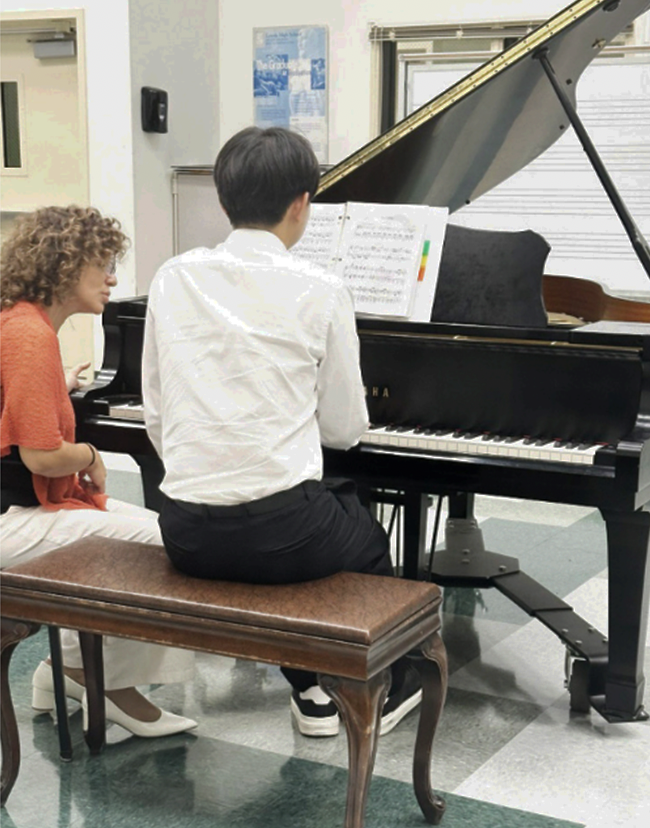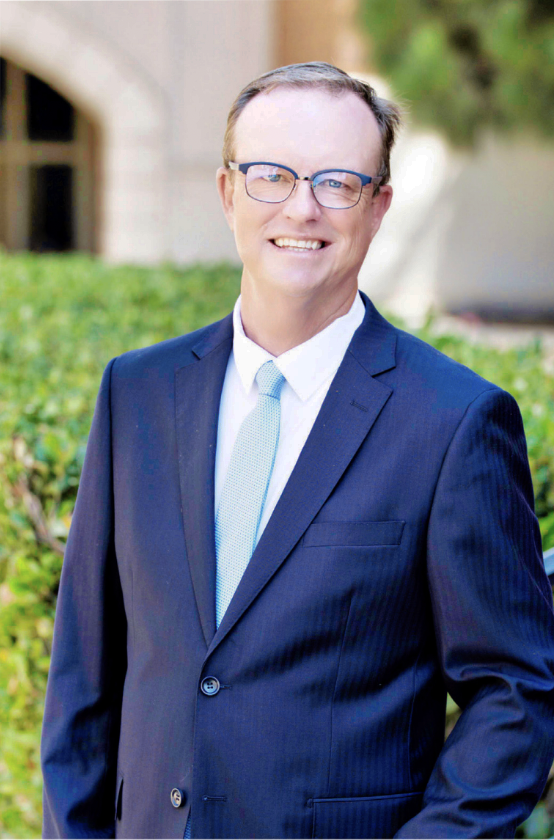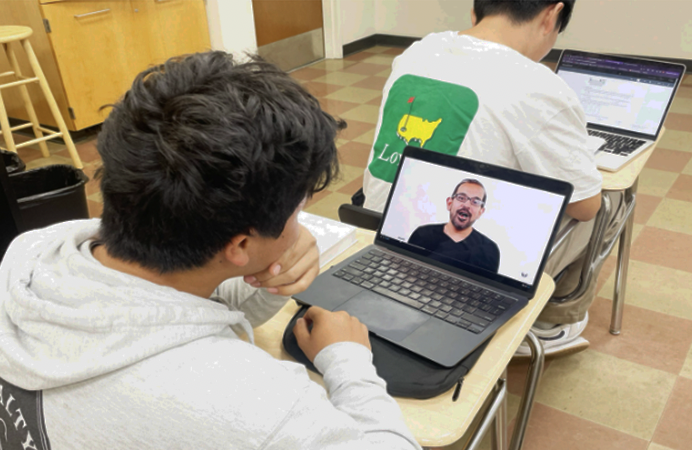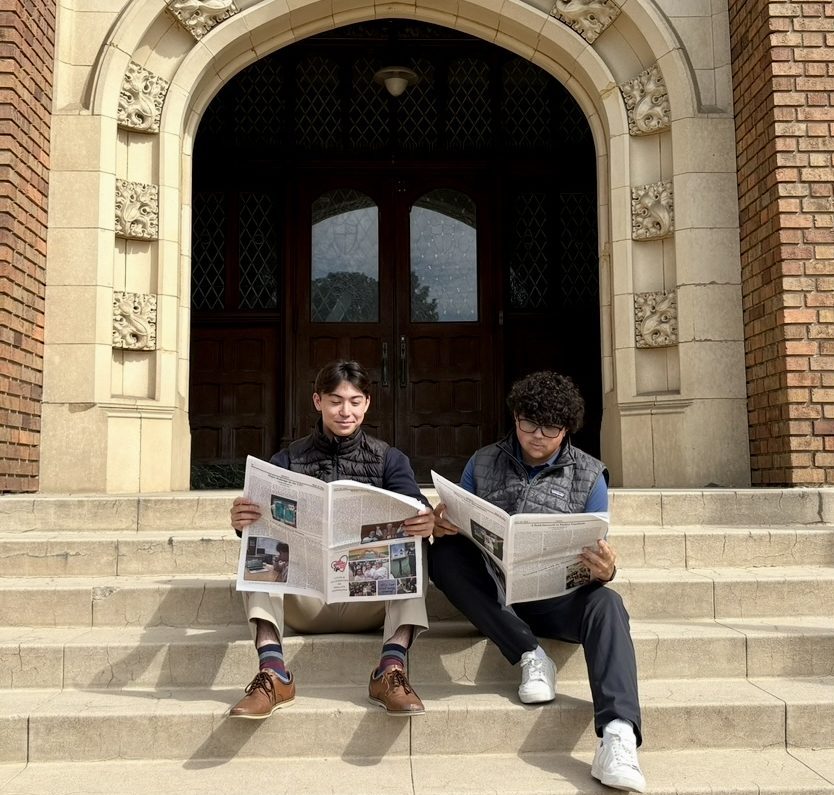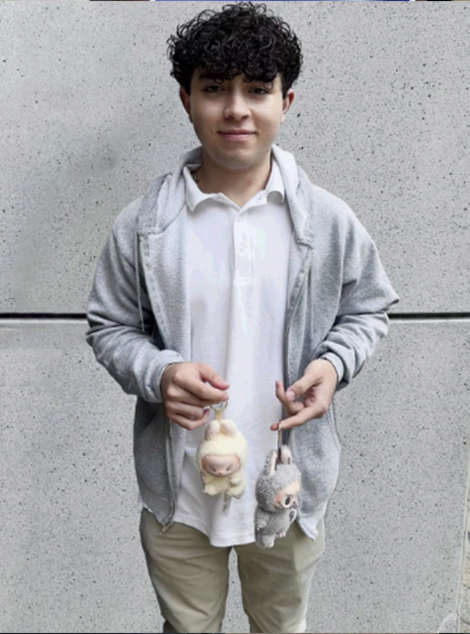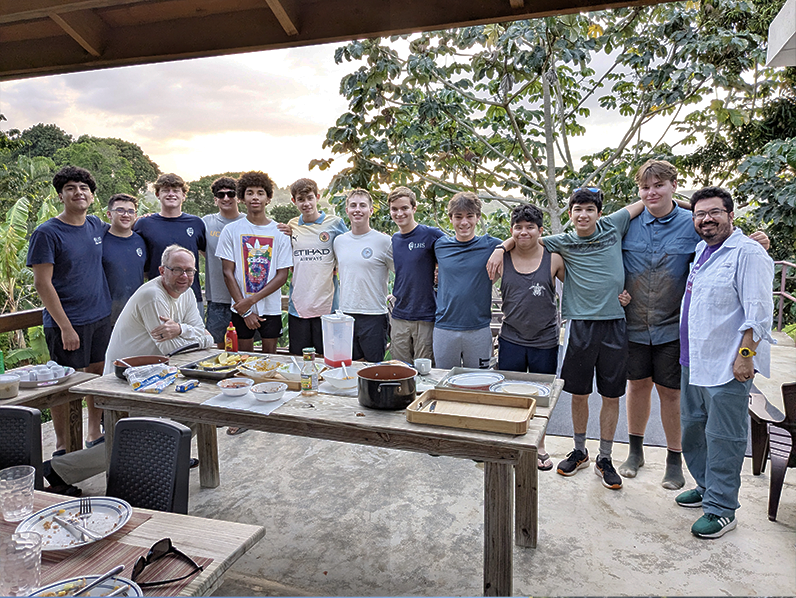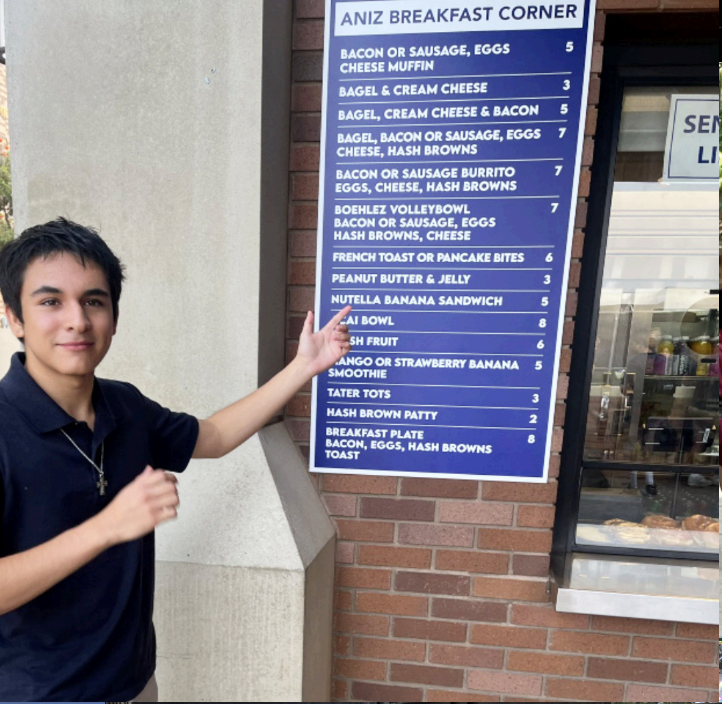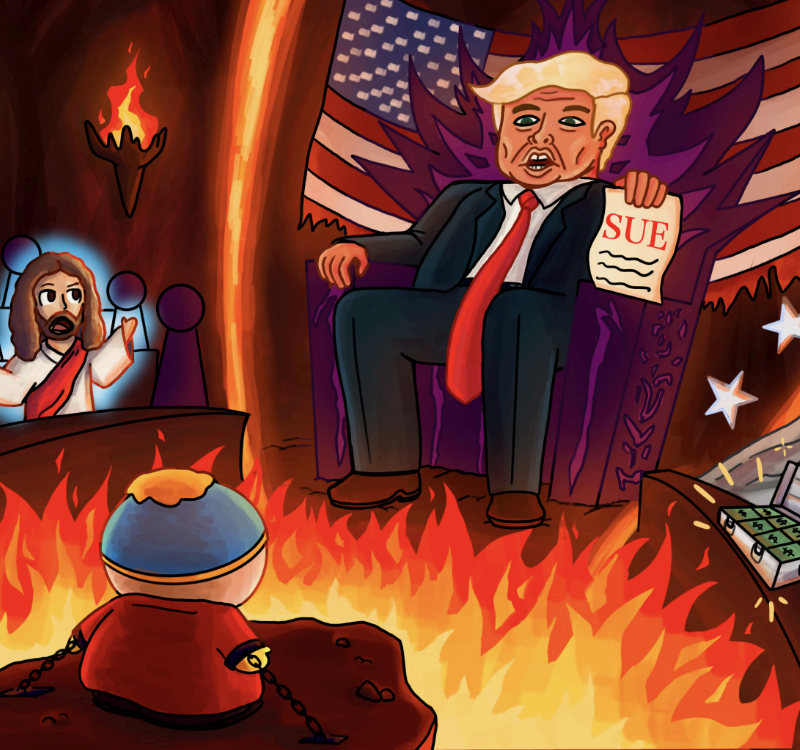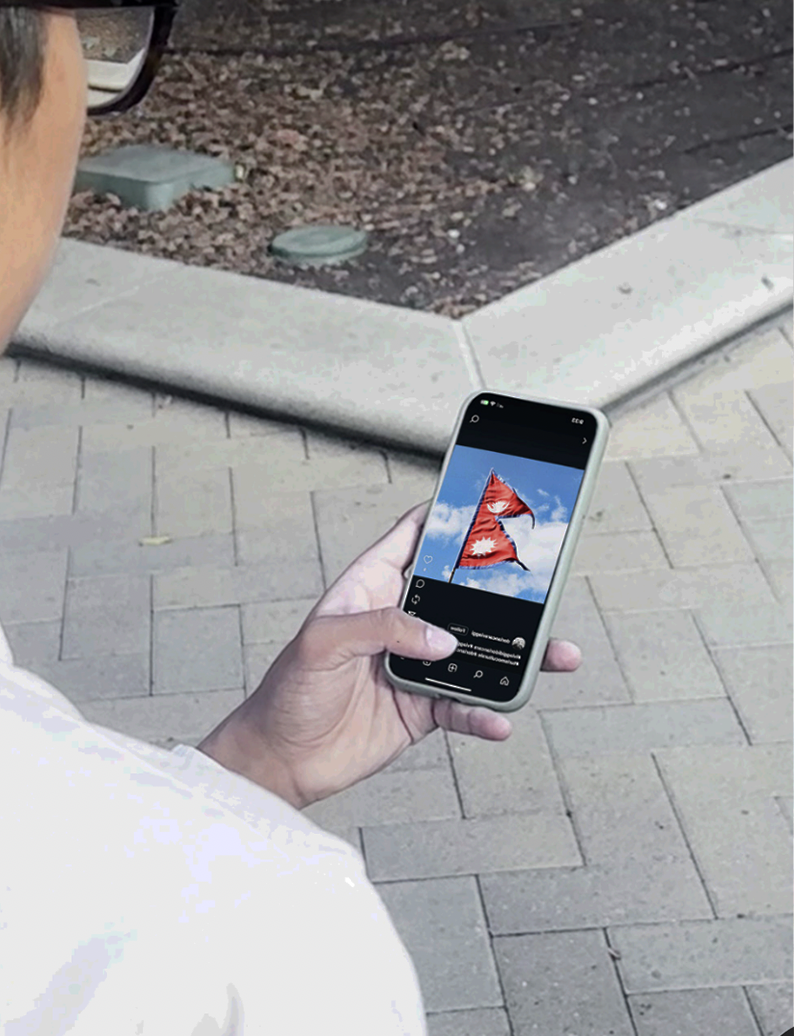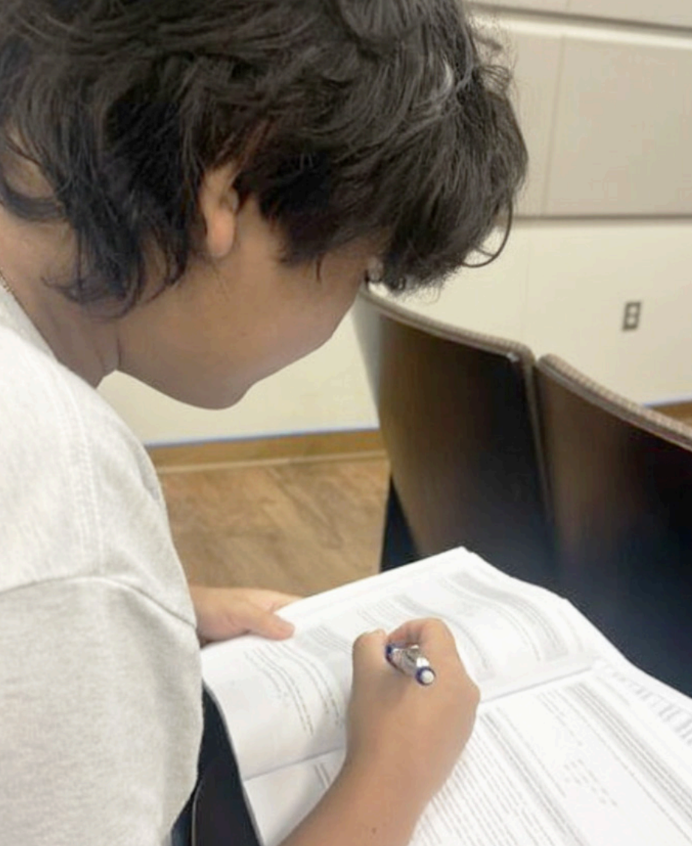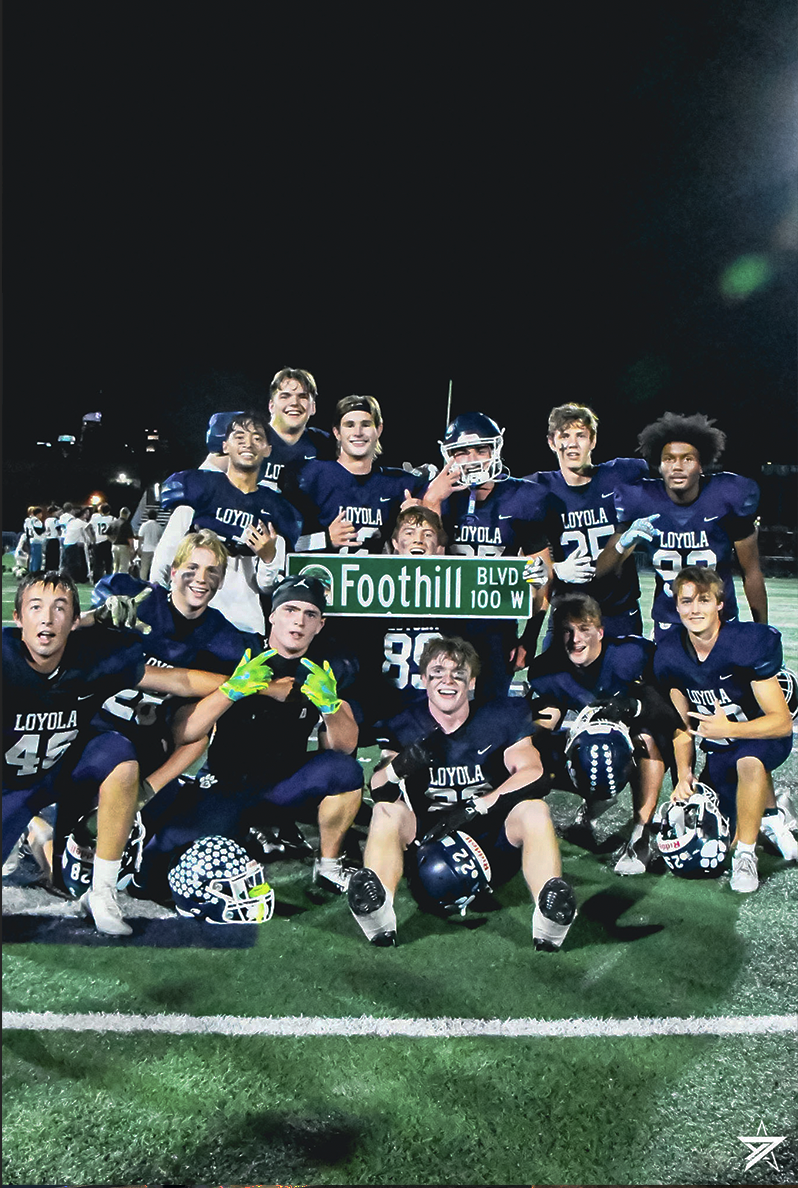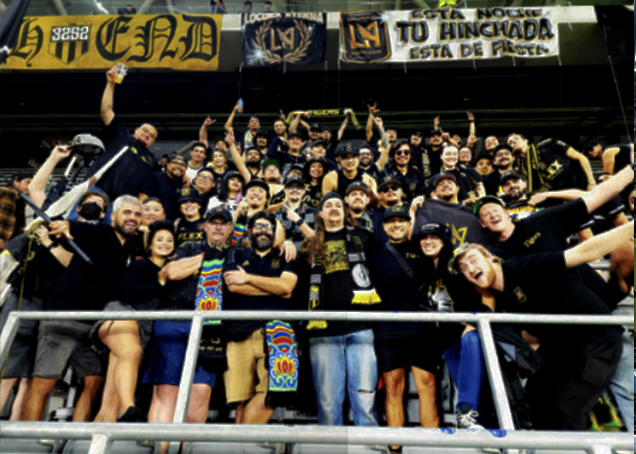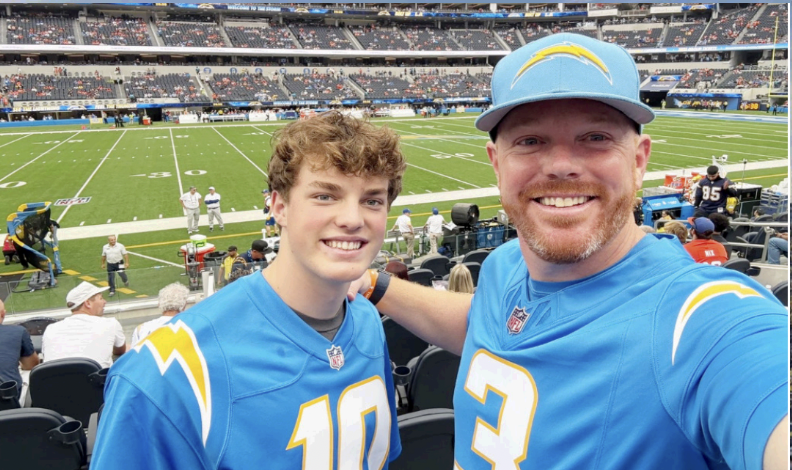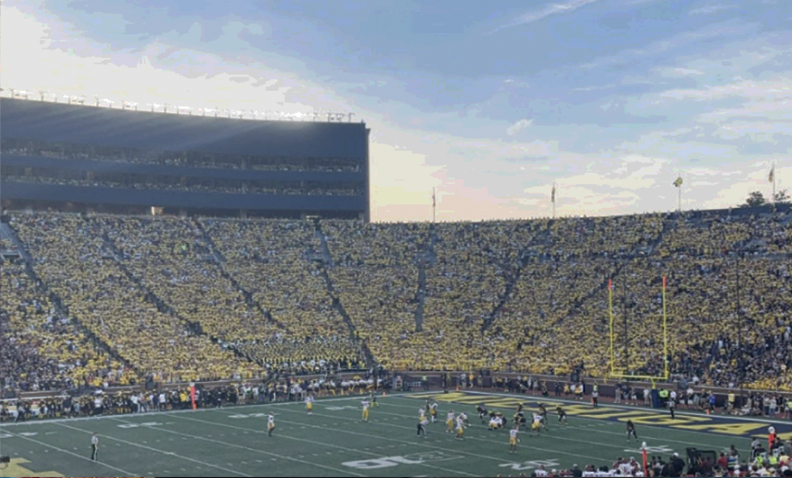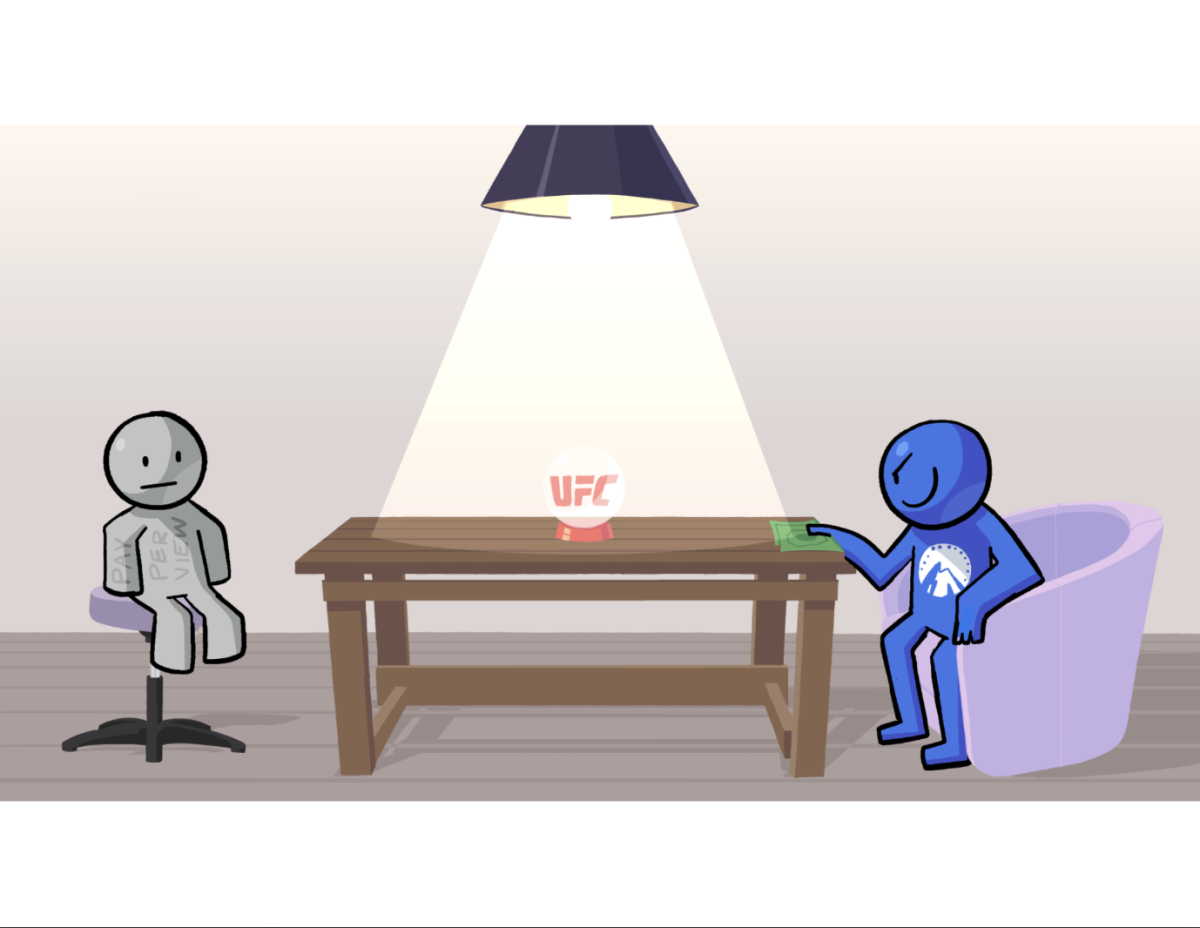Amidst the COVID-19 pandemic, lots of schools removed their SAT and ACT requirements to help alleviate stress on students. The Ivies soon followed suit, and there was a possibility, at last, that the availability of the finest education could become more balanced.
But in 2024, the majority of those policies were quietly rejected. At Dartmouth, professors found SAT and ACT scores explained 26 percent of the variance in freshman GPA, more than GPA alone. Harvard faced a similar issue, adding a remedial math course after finding many freshmen lacked basic skills.
Test-optional policies also harmed the students they were meant to benefit. A few lower-income and first-generation applicants didn’t submit scores because they feared that their scores would taint the applications. Such scores, in fact, might have indicated academic promise that transcripts didn’t. Admission officers sometimes ended up knowing less about students from unknown schools when making admissions.
Cornell conducted a multi-year experiment on the impact of test-optional admissions. The task force then established that standardized testing was a practical assessment for establishing student readiness. Thus, Cornell stated that while the class of 2025 would still be able to submit test-optional, testing would again be required for the class of 2026 and later. The rest of the Ivies are doing likewise. Brown, Dartmouth, Yale and Harvard reinstated testing, though Yale allows AP or IB scores instead. Columbia and Princeton remain test-optional for now.
For students at Loyola, national trends are already taking hold, as seen in the addition of the Ray Dass Test Prep resource this year for freshmen and sophomores. Instead of waiting until junior year, underclassmen are now learning SAT and ACT strategies early.
Yes, it might be intense; however, Loyola students get more time to develop confidence and sharpen skills before application season sets in.
Underclassmen on campus are already noticing the difference. “I first thought Ivies reinstating test-optional was unfair because not everybody has the means to afford expensive prep,” said Martin Kwon ‘26. “But with Ray Dass having an upper hand, being initiated by Loyola for underclassmen, at least we all get some kind of head start. It makes me feel like we’re not entirely behind in comparison to kids attending prep schools.”
Others view the change as an opportunity to give oneself an edge in application process. “Standardized tests aren’t everything, but they give us one additional chance to show colleges what we are capable of,” said Eli Suboc ‘26. “I think that starting prep early is beneficial because by junior year, you’ll be more advanced in APs, leadership and more.”
Ultimately, Ivy League admissions will continue to be holistic. Essays, recommendations, activities and leadership opportunities still matter. However, when testing returns, the odds are tilted, and high scores become the deciding factor in competition. To students at Loyola, the word is out: testing is back on again, and preparation is crucial.




